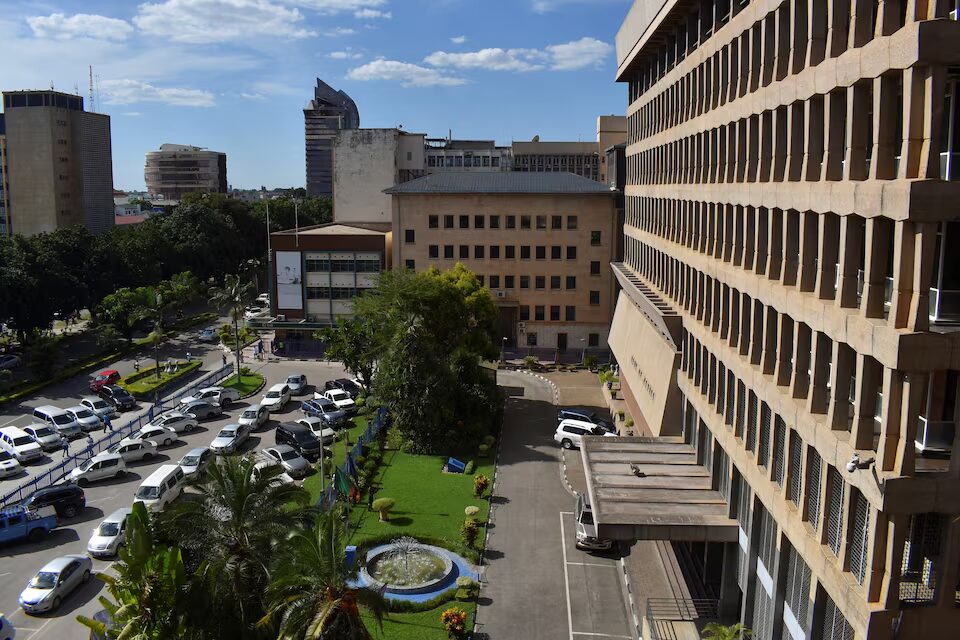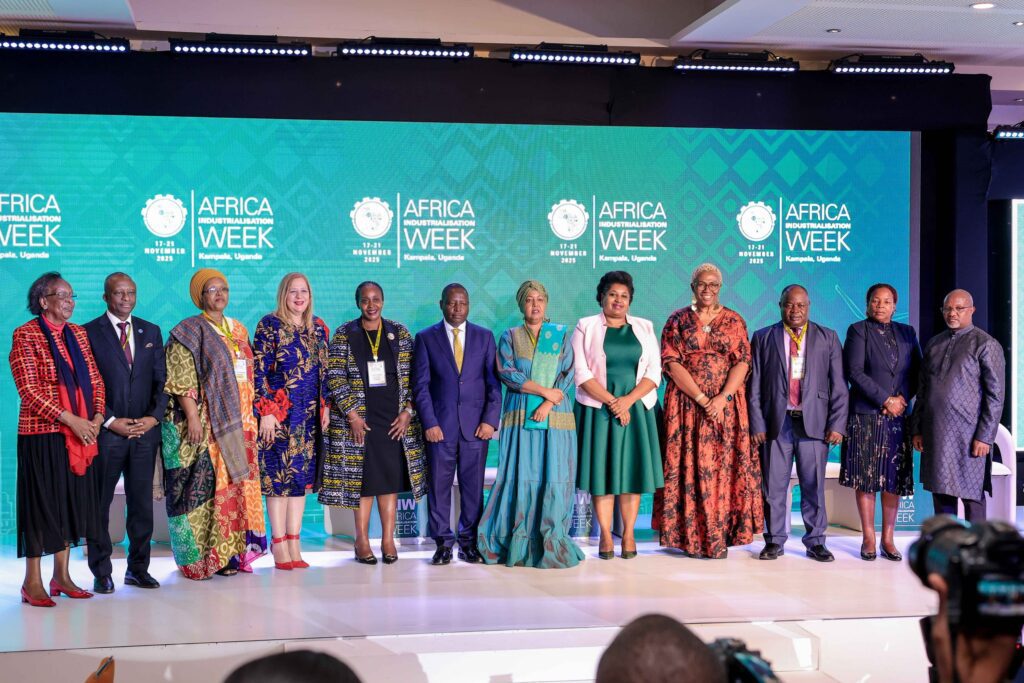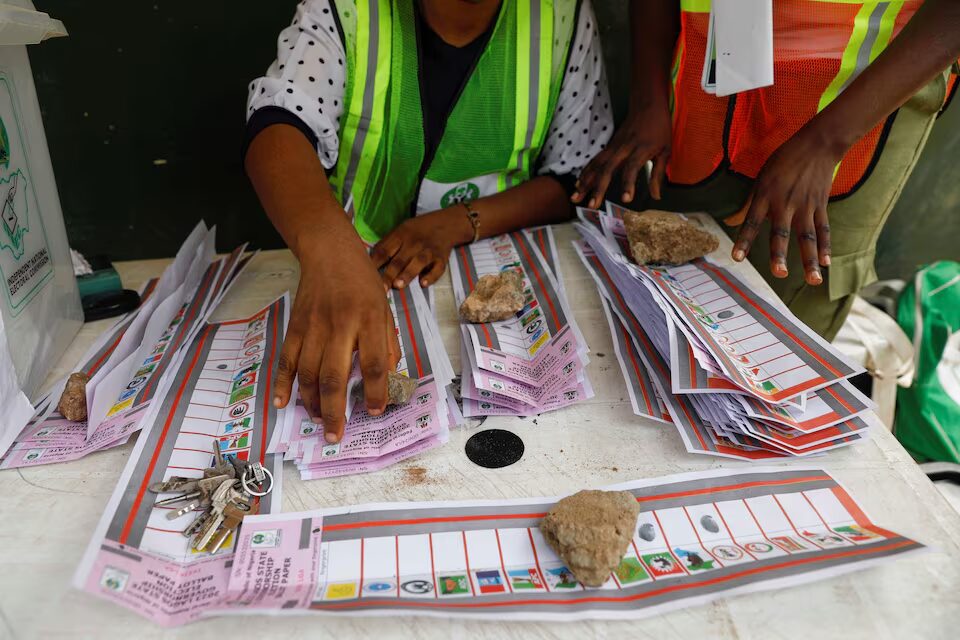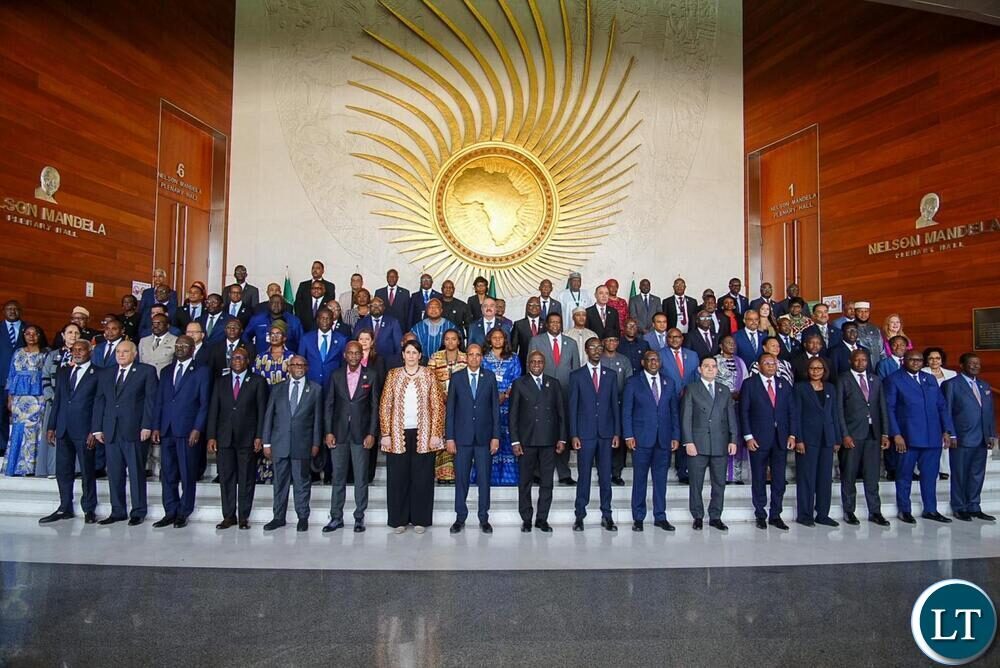
Friday 21st November 2025

by inAfrika Newsroom
Africa Industrialization Week began in Kampala on Monday with a call to accelerate sustainable manufacturing, regional value chains and innovation-led growth. The event, held from 17 to 21 November, brings together ministers, business leaders and development partners under the theme “Transforming Africa’s Economy through Sustainable Industrialization, Regional Integration and Innovation.”
Organisers said this year’s Africa Industrialization Week will focus on sectors such as agro-processing, pharmaceuticals, green building materials and electric-mobility components. In many cases, these industries depend on reliable energy and efficient transport corridors, which remain uneven across the continent. Therefore, delegates are using Kampala to share models that combine industrial parks with renewable power, skills centres and digital services.
UN agencies and the African Union highlighted the link between industrial policy and Agenda 2063 targets. They argued that Africa cannot rely on raw commodity exports if it wants inclusive, resilient growth. Instead, they urged governments to align tax, trade and education reforms with long-term industrial strategies. Meanwhile, civil-society representatives pressed for stronger labour and environmental safeguards in new investment deals.
Panels in Kampala are examining how regional blocs can pool demand and harmonise standards. For example, automotive and pharmaceutical firms often need larger markets before they commit to local assembly lines. Consequently, participants are exploring ways to use AfCFTA rules and Africa Industrialization Week commitments to build continent-wide supplier networks.
In addition, sessions are digging into financing hurdles. Development banks are showcasing blended-finance tools for industrial SMEs, while private investors call for clearer regulations, faster approvals and reliable data. The week will close with a ministerial declaration that sets out priority actions for the next year, including industrial skills programmes for youth and women.
Africa Industrialization Week matters because it links big visions to concrete factory floors. When countries add value to minerals, farm products and digital skills at home, they create better jobs and higher export earnings. In turn, those earnings can stabilise currencies and fund social services. Stronger regional value chains also help firms weather global shocks, since they rely less on distant suppliers. Moreover, greener factory models reduce pollution and align African producers with low-carbon trade rules in major markets. If Kampala commitments translate into action, small manufacturers from textiles to machinery could find it easier to scale within AfCFTA and beyond. That shift would move Africa further away from boom-and-bust commodity cycles and closer to steady, broad-based growth.


